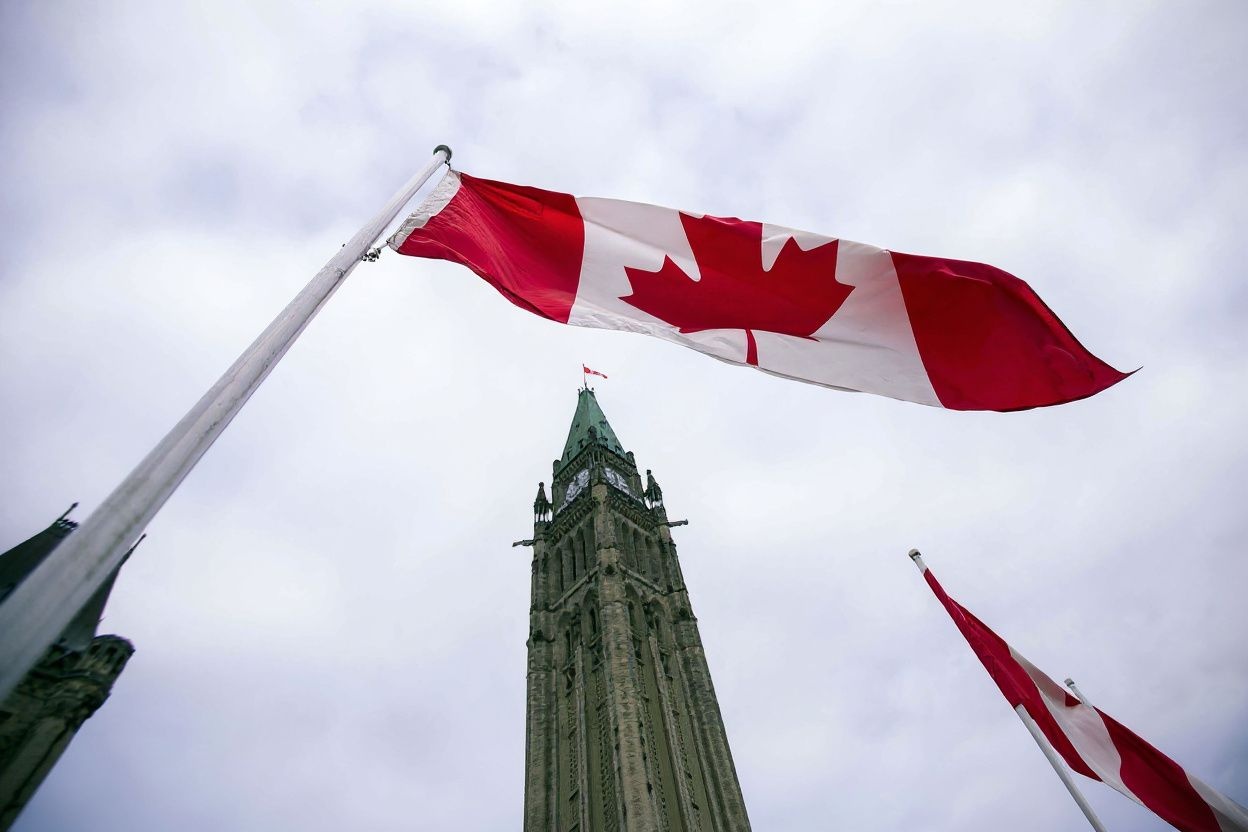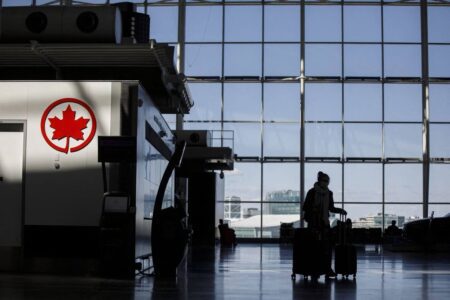
Nigerian students eager to study in Canada might need a Plan B to fall back on. Quoting a recent study from Immigration, Refugee, and Citizenship Canada (IRCC), an academic told online portal THISDAY that a study commissioned by the Department for Immigration Refugee and Citizenship Canada (IRCC) identified bias and discrimination as the primary reason behind high visa rejection rates among Nigerians and other African nationals: only 12% reportedly managed to get applications approved.
“Since 2017, I have been tracking the Canadian study visa approval rate for applicants from Africa. The rate has consistently been plunging. The situation became very alarming when I received the statistics for the Canada study visa approval rate for Nigeria, which showed a dismal approval rate of 11.8%,” Gideon Christian, Professor of Artificial Intelligence and Law at the University of Calgary, was quoted saying.
On Feb 8 I appeared before the House of Commons’ Committee on Citizenship and Immigration. I made submission on the high #StudyVisa refusal rate for foreign students from Africa, & the use of #AI by @CitImmCanada in processing of immigration applications. https://t.co/VnkKpPueqR
— Dr. Gideon Christian (@ProfXtian) February 21, 2022
The finding spurred Christian, the president of the African Scholars Initiative (ASI-Canada), to action. He rallied the support of other Nigerian academics and graduate students in Canada to issue a letter to Sean Fraser, the country’s immigration minister, to investigate the matter in-depth.
The reply was brief and unsatisfactory, and Christian knew he had to act in whatever capacity he could to safeguard the prospects of Nigerian students coming to Canada. “I wrote a letter to the Canadian House of Commons Committee on Citizenship and Immigration, drawing their attention to the report and requesting a hearing to address the issues raised in the report,” he claimed, after the first letter failed to sufficiently address the increased visa rejection rates among African applicants.
The study was originally commissioned by the Canadian Association of Professional Immigration Consultants (CAPIC-ACCPI), an umbrella organisation for registered immigration consultants that assist clients from various nationalities in their Canadian immigration. Christian said CAPIC-ACCPI was alarmed by the repeated poor outcomes for successful study permit applications in visa offices processing paperwork by Nigerian applicants.
Not a new issue: visa rejection dims Nigerians’ prospects in Canada
The recent spike of declines have reportedly been occurring since 2019, where an IRCC analysis had found that three in four African students (75%) who applied for Canadian study permits into the country between January and May that year were declined, and Nigerians were among those who suffered high-volume visa rejections.
By contrast, Christian said Japan’s visa approval rate in the recent IRCC report was 97%, highlighting the startling discrepancy of application success between different nationalities. The report also uncovered a disturbing bias among visa officers, who tend to stereotype Nigerians as “corrupt”, “untrustworthy”, and referred to African countries as “the dirty 30”.
The spate of visa rejections endured by Nigerian students is even more perplexing against Canada’s proof of English language proficiency exemption for Nigeria, which should have resulted in more encouraging approval rates, said Christian.
 Low visa approval rates for African students can be traced back to 2019, where 75% of visa applicants were met with rejections within a five-month period of that year. Source: Geoff Robins/AFP
Low visa approval rates for African students can be traced back to 2019, where 75% of visa applicants were met with rejections within a five-month period of that year. Source: Geoff Robins/AFP
A hearing from the Canadian House of Commons Committee, however, is a step in the right direction. “I seized the opportunity of my appearance before the committee to make a strong case for Nigeria and Africa. We are hoping the committee will come up with a strong recommendation to address these issues.”
The high number of visa rejections against Africans seem to be affecting family members too. Lilian Ndiego barely made it in time to be with her son, Tevin Obiga, before he passed away at St. Boniface Hospital in Winnipeg. Ndiego was initially denied a single-entry temporary resident visa as the Canadian authorities were reportedly unconvinced of her resources to support her dying son in the country, and feared that she would remain after her visa expired, reported TUKO.co.ke.
The action drew the ire of the African community in Winnipeg, who lobbied on behalf of Ndiego to push the Canadian Embassy in Kenya to grant her a visa on compassionate grounds. Her visa finally came through on Feb. 15, 2022, after which she was able to visit her son, who was a computer science student at the University of Manitoba.










